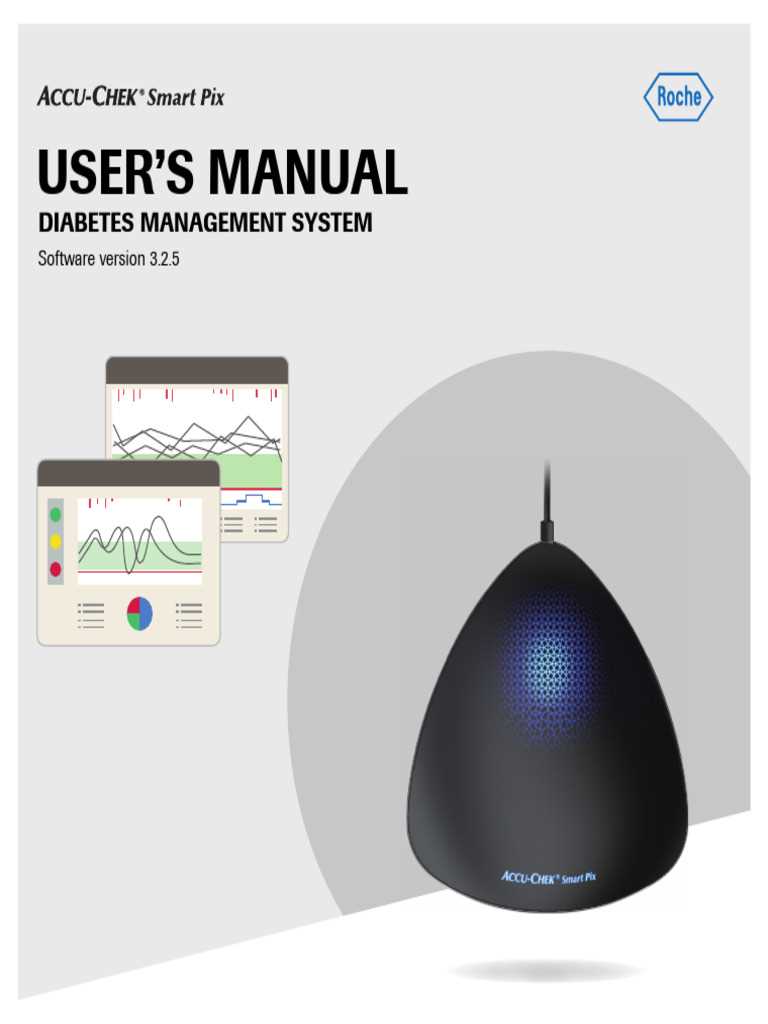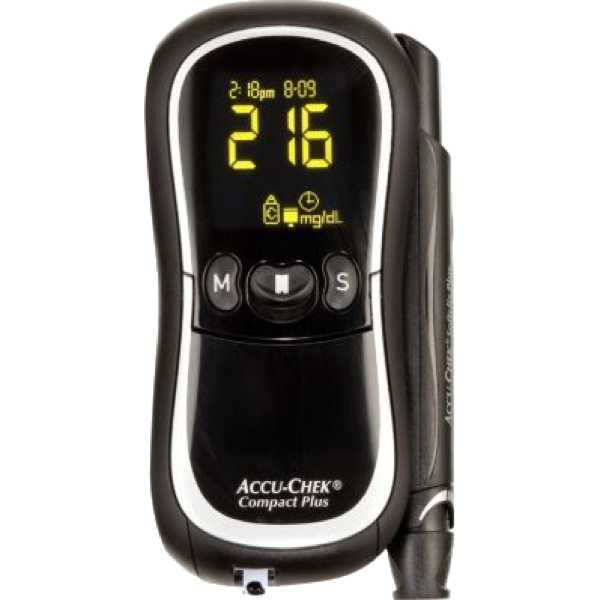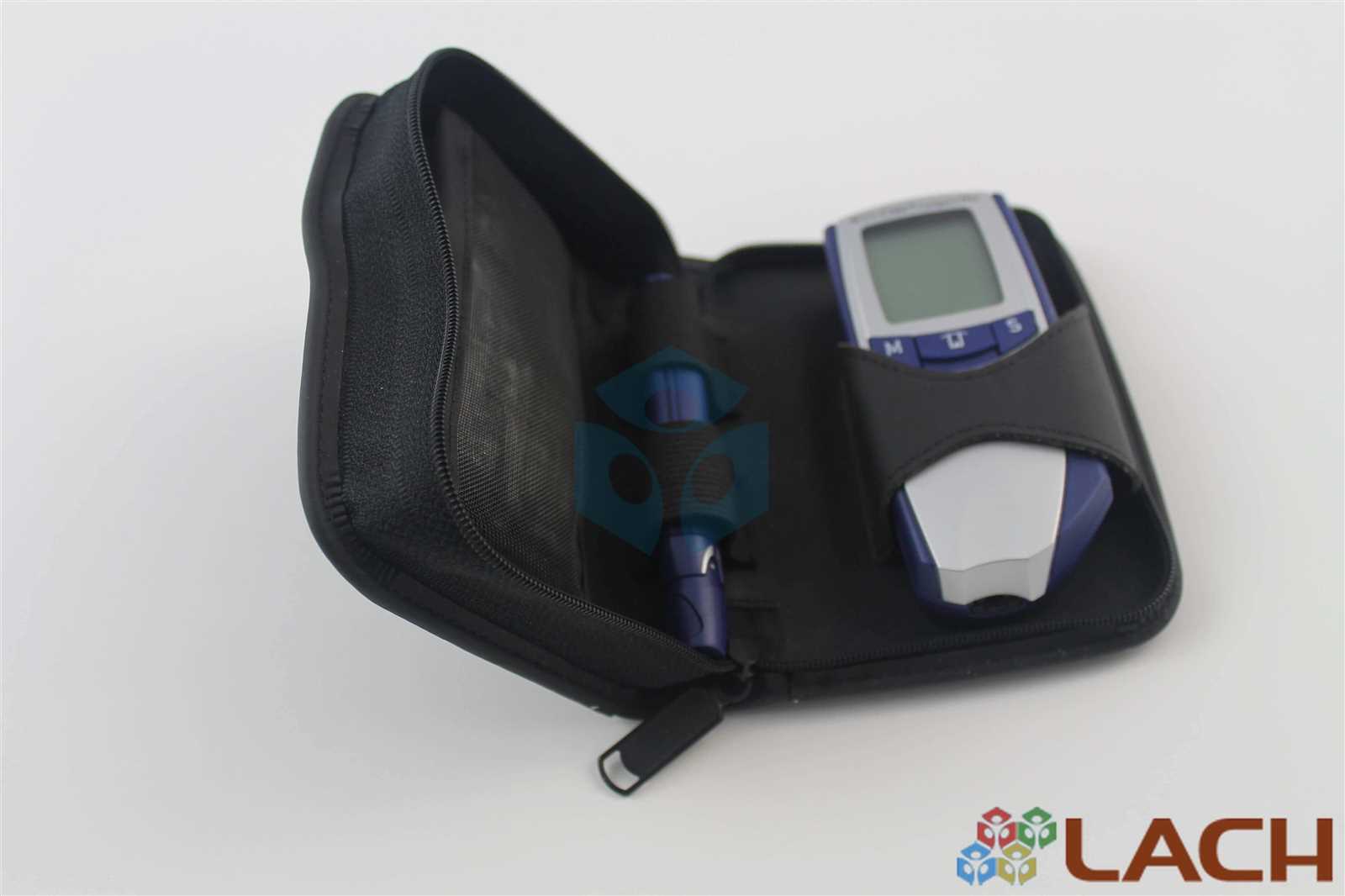
Managing your health effectively requires a deep understanding of the tools available at your disposal. This section is dedicated to guiding you through the process of using a reliable blood sugar monitoring device. Understanding its various functions and how to operate them is essential for maintaining accurate readings and ensuring your well-being.
In this guide, you’ll find detailed steps on how to set up, operate, and maintain the device designed to help you monitor glucose levels. Whether you’re new to this tool or looking to refresh your knowledge, these instructions will provide you with the necessary information to use the device with confidence and precision.
Emphasis is placed on ensuring that you can easily navigate the different features and options that this device offers. By following the guidance provided, you will be able to enhance your daily health management routine, ensuring that your readings are accurate and that you can act promptly based on the results.
Understanding Your Device
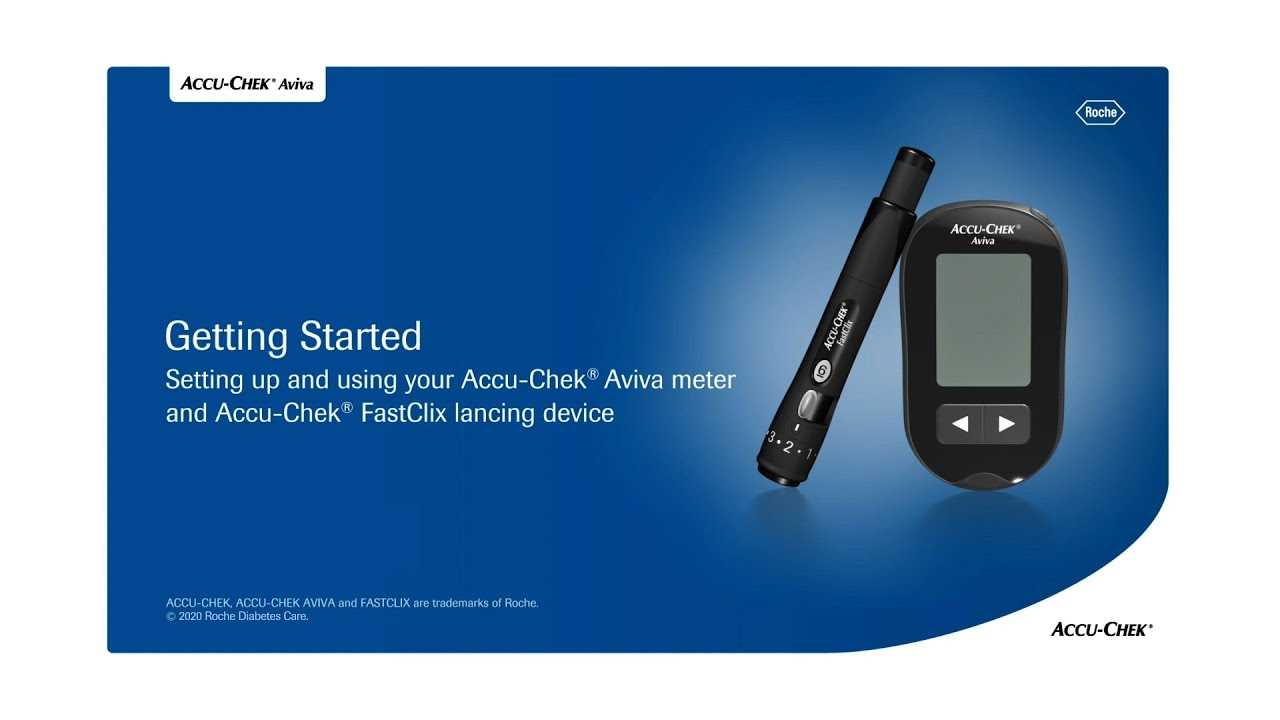
This section provides an overview of how to effectively utilize your medical device to monitor and manage your health. It’s designed to guide you through the essential features, ensuring you can confidently operate the device in various situations. The goal is to make the process straightforward, enhancing your experience and ensuring accurate results.
Key Features and Functions
- Automatic Strip Handling: The device comes with a built-in mechanism that automatically handles testing strips, simplifying the testing process.
- Memory Capacity: This device can store multiple readings, allowing you to track changes over time effortlessly.
- Integrated Display: A clear, easy-to-read screen shows your readings instantly, with additional guidance for better understanding.
Getting Started
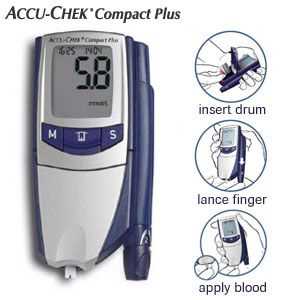
- Ensure the device is charged and ready for use.
- Familiarize yourself with the buttons and display features before conducting your first test.
- Follow the step-by-step guide for setting up and conducting a test, ensuring all components are correctly used.
- Regularly check and maintain the device for consistent performance.
Unders
Setting Up the Device for the First Time
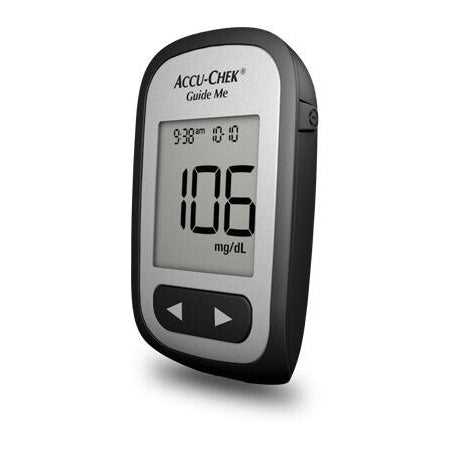
Getting started with your new device is a straightforward process that ensures you’re ready to begin using it efficiently. This guide walks you through the initial steps to prepare your unit, including battery installation, configuration, and performing the first test.
- Begin by locating the battery compartment and insert the appropriate batteries, ensuring correct polarity alignment.
- Close the compartment securely, and power on the device by pressing the designated button.
- The next step involves setting the date and time, which is crucial for accurate record-keeping. Navigate through the settings menu and adjust these parameters as needed.
- Once the date and time are set, review the display settings and customize them according to your preference, such as adjusting brightness or contrast for better readability.
- Prepare the device for testing by loading the test strip drum or cassette into the designated slot. Make sure it clicks into place.
- Familiarize yourself with the testing procedure by reading the quick start guide provided with the unit. It offers a concise overview of the steps required for accurate measurements.
- Run a test with a control solution to ensure the device is functioning correctly before using it with actual samples.
Following these steps will ensure your unit is properl
How to Insert Test Strips Correctly
Proper placement of testing materials is crucial for obtaining accurate results. To ensure that the testing process goes smoothly, it is essential to follow a few simple steps that guide the correct insertion of the strips.
Step-by-Step Process
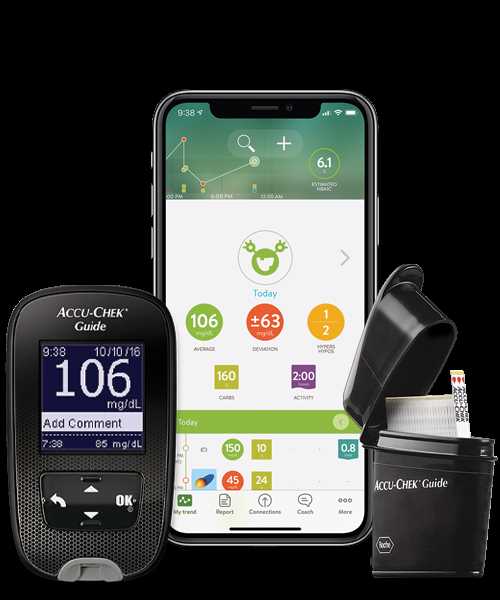
- Open the container with the testing strips and take out a single strip, making sure your hands are clean and dry.
- Identify the correct end of the strip for insertion. Typically, one end will have a designated area for the sample, while the other is designed to fit into the slot of the device.
- Insert the strip gently into the slot, ensuring it is fully seated. Do not force it, as improper alignment could damage the strip or the device.
- Once the strip is securely in place, the device may indicate that it is ready for the next step.
Common Mistakes to Avoid
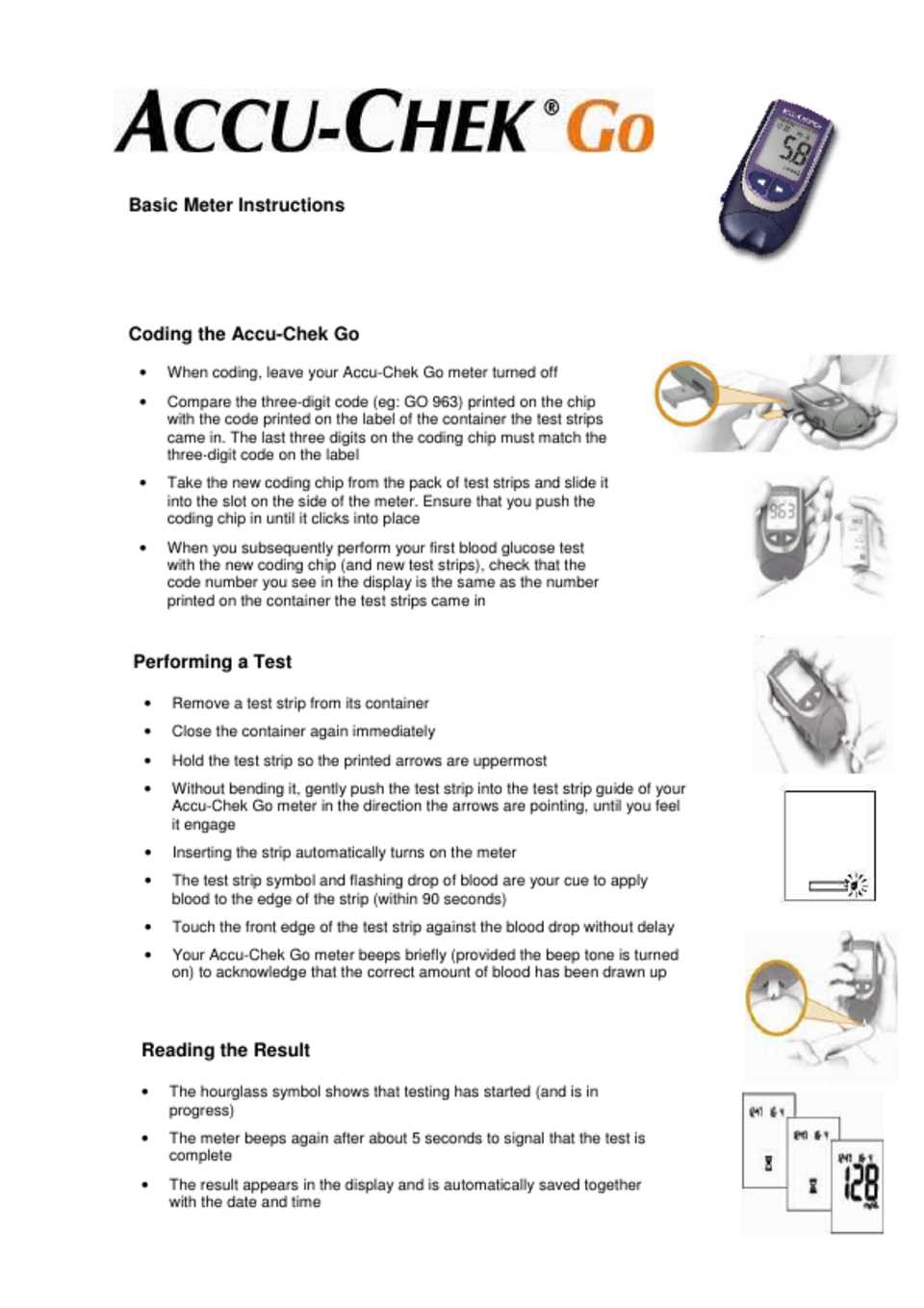
- Inserting the strip upside down or backwards, which can result in errors or no reading at all.
- Handling the testing area of the strip, which could lead to contamination and affect the accuracy of the results.
- Failing to insert the strip fully, which might prevent the device from recognizing it properly.
By following these guidelines, you can ensure that your testing experience
Interpreting Your Blood Glucose Readings

Understanding your blood sugar levels is crucial for effective health management. Regular monitoring allows you to see how your body responds to different factors such as diet, exercise, and medication. This section will guide you through analyzing your results to make informed decisions about your well-being.
Recognizing Normal and Abnormal Levels
When you measure your glucose levels, it’s important to know the typical ranges that indicate healthy or concerning results. Normal values typically fall within a specific range, which can vary slightly based on the time of day and whether you’ve eaten recently. On the other hand, elevated or low values may signal the need for adjustments in your daily routine or medication.
Tracking Trends Over Time
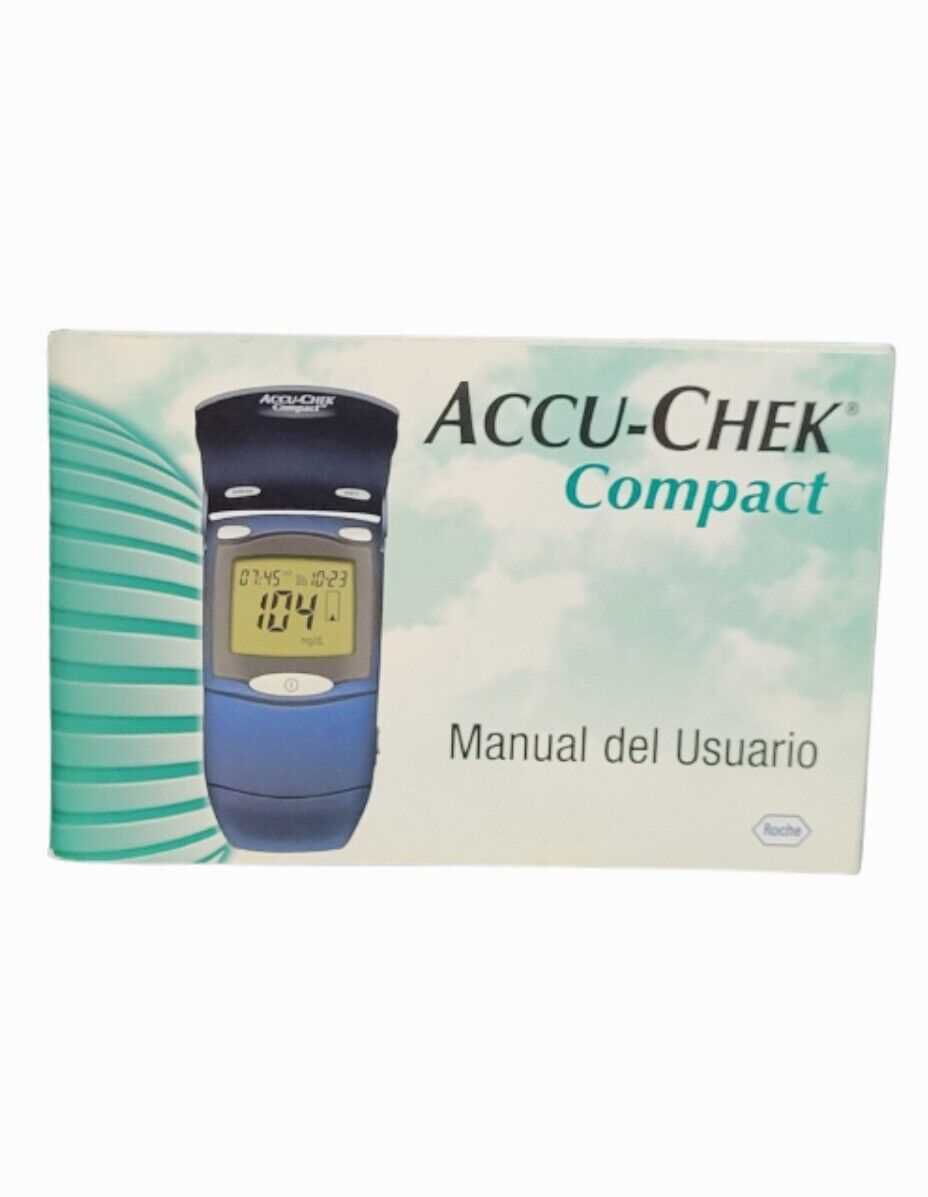
Rather than focusing on individual readings, it’s more beneficial to observe trends over days or weeks. Consistent patterns in your glucose levels can provide valuable insights. For example, noticing a steady increase or decrease might suggest a need to consult with a healthcare professional to reassess your management plan.
Maintaining Your Glucose Meter

Proper upkeep of your glucose meter is essential to ensure accurate readings and prolong the device’s lifespan. Regular maintenance not only helps to preserve the functionality of the device but also ensures that it remains hygienic and safe for daily use.
Cleaning and Sanitization
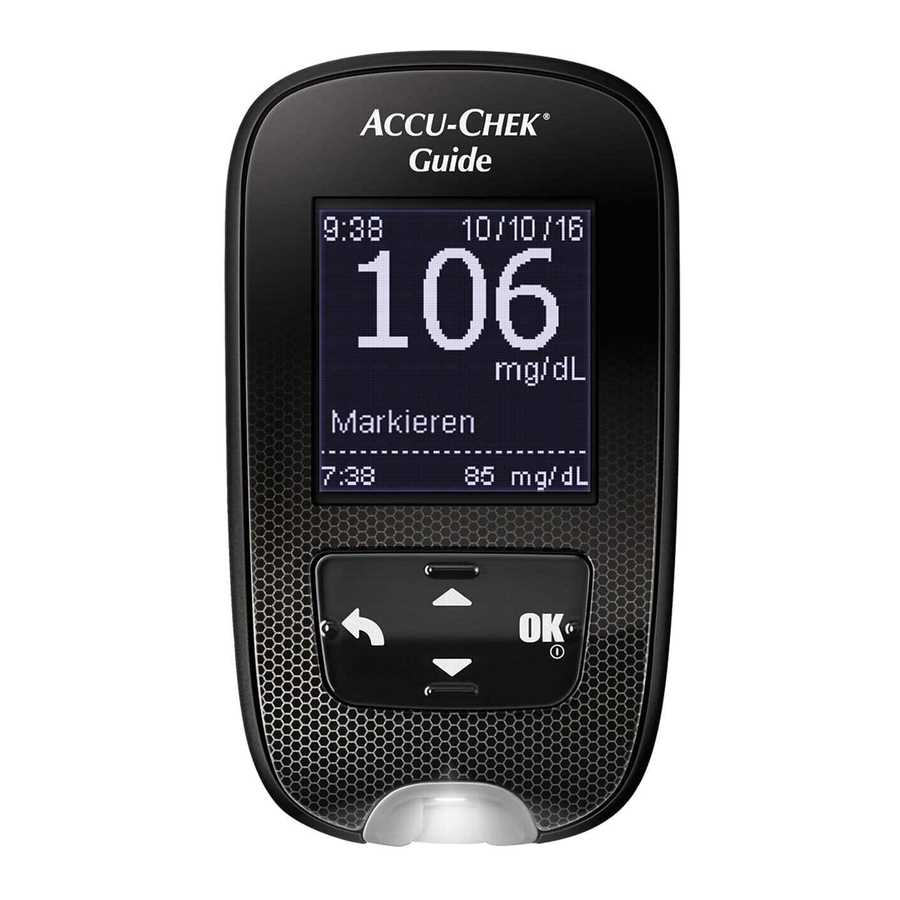
To maintain hygiene, it’s important to clean the device regularly. Use a soft, lint-free cloth dampened with a mild detergent or disinfectant. Avoid getting moisture into the test strip slot or other openings. Ensure that the device is completely dry before using it again. Periodically, use alcohol wipes to disinfect the surface, especially after each use.
Battery Care and Replacement

Check the battery status frequently to ensure uninterrupted operation. If the battery is low, replace it promptly with the recommended type. Be sure to insert the new battery correctly, observing the polarity markings. Proper battery care includes removing the battery if the device will not be used for an extended period, to prevent leakage and damage.
| Task | Frequency | ||||||||||
|---|---|---|---|---|---|---|---|---|---|---|---|
| Surface Cleaning | After each use | ||||||||||
| Battery Check | Weekly |
| Tip | Description |
|---|---|
| Clean Equipment Regularly | Ensure that the device is free from dust and residue to prevent interference with measurements. |
| Calibrate as Needed | Follow the manufacturer’s recommendations for calibration to maintain measurement accuracy. |
| Use Consistent Techniques | Adhere to the same procedures and conditions for each measurement to reduce variability. |
| Verify Results | Cross-check measurements with other methods or devices to confirm accuracy. |
